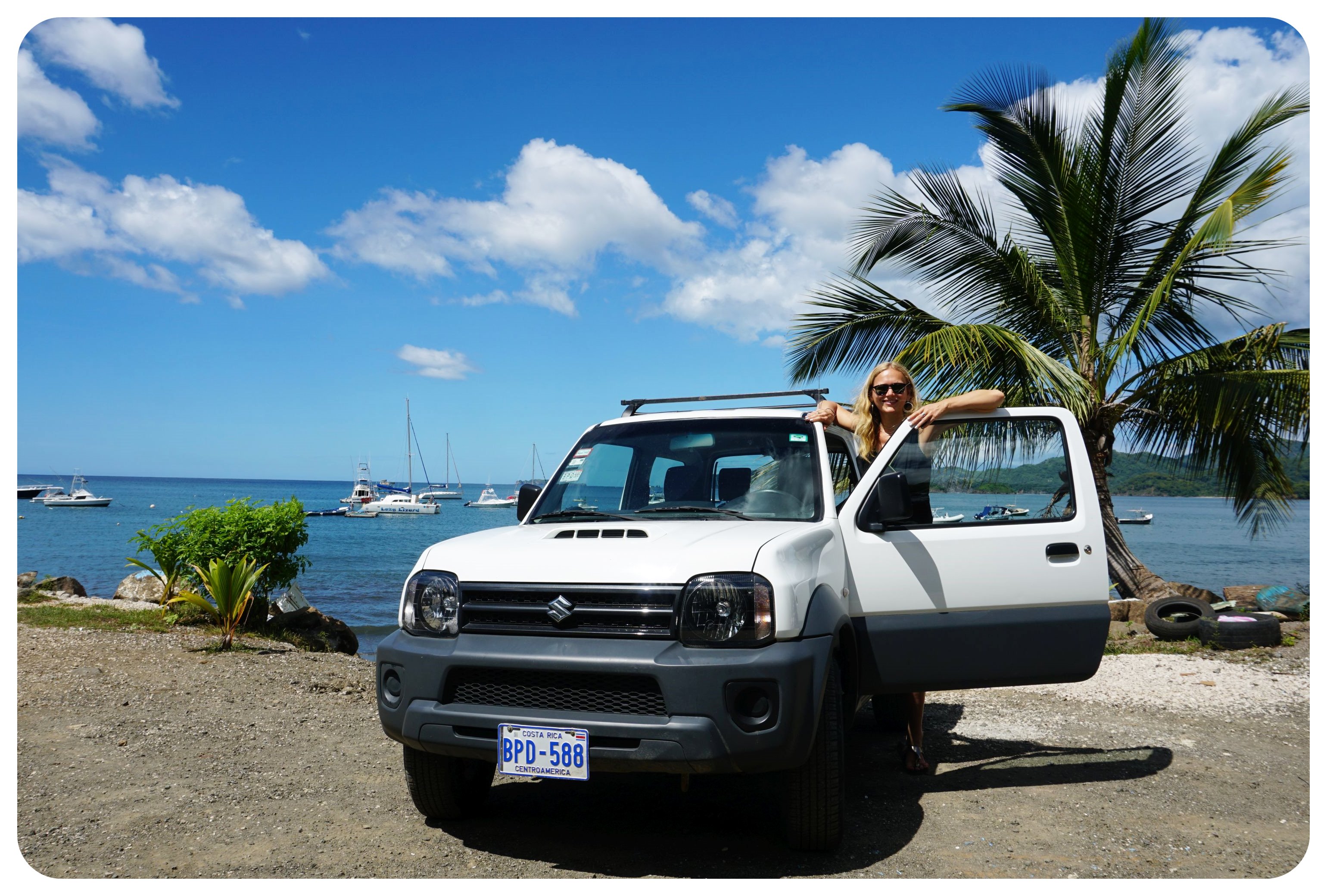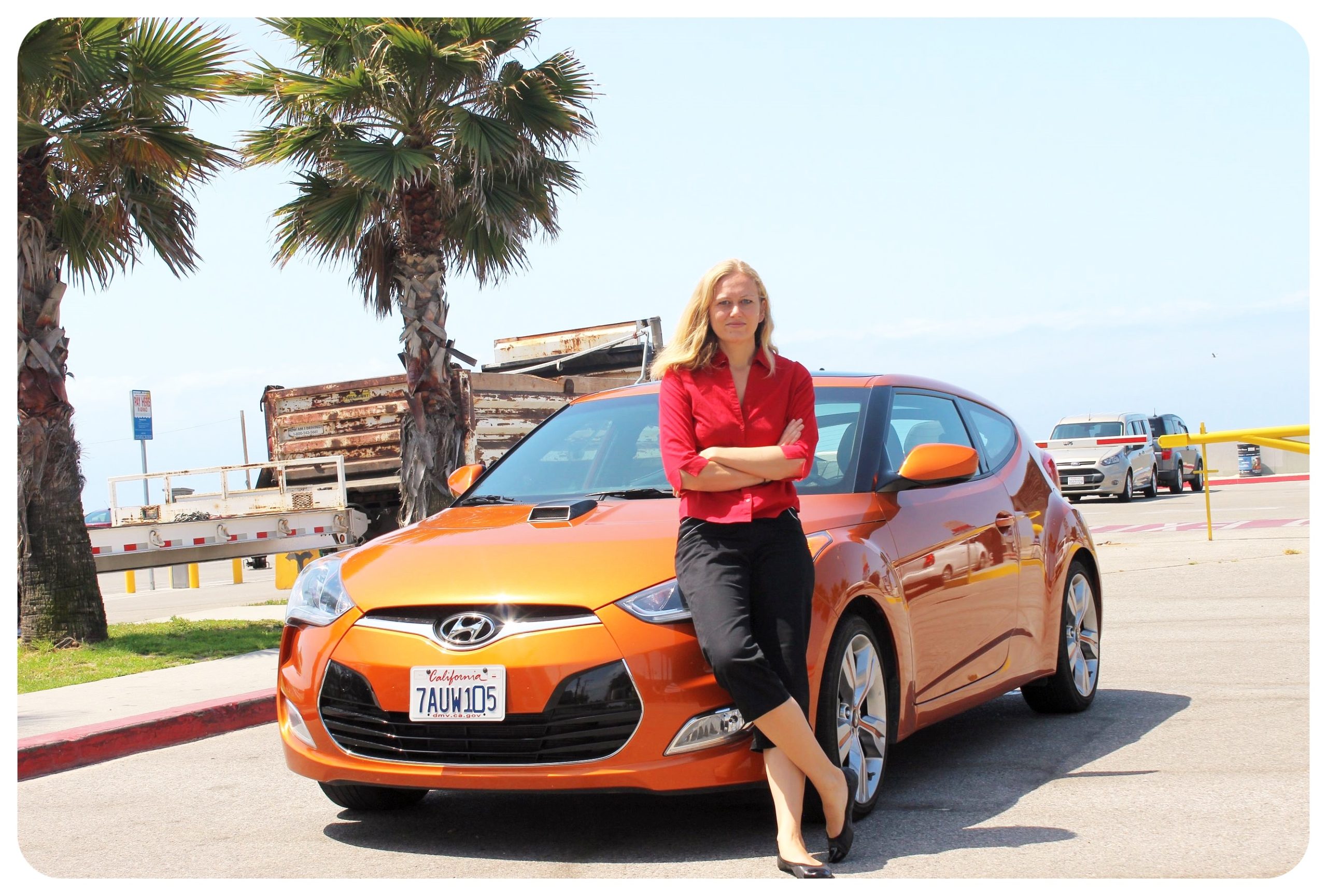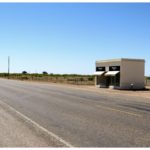Last Updated on February 19, 2024
Traveling by car might be one of the most liberating and flexible ways to discover new areas. However, the costs of road vacations can quickly accumulate if not carefully controlled. In this post, we’ll look at some ways to make your travels both pleasurable and affordable, ensuring that your experiences on the road don’t break the bank.
Planning and Preparation
Before taking the road, careful planning might help you save money. Begin by mapping out your journey to determine the most fuel-efficient way. Use online tools and applications to compare fuel prices as you travel and plan your refilling stops accordingly. Additionally, consider planning your vacation to avoid peak travel times, which might result in additional charges due to traffic delays and higher hotel prices.
Maintenance of your vehicle before departure can also lead to savings. Ensuring your car is in top condition, with proper tire pressure and fluid levels, can improve fuel efficiency and prevent costly repairs en route. If you’re in the market for a new or used car for your travels, checking out the SCA auction can offer significant savings on a variety of vehicles.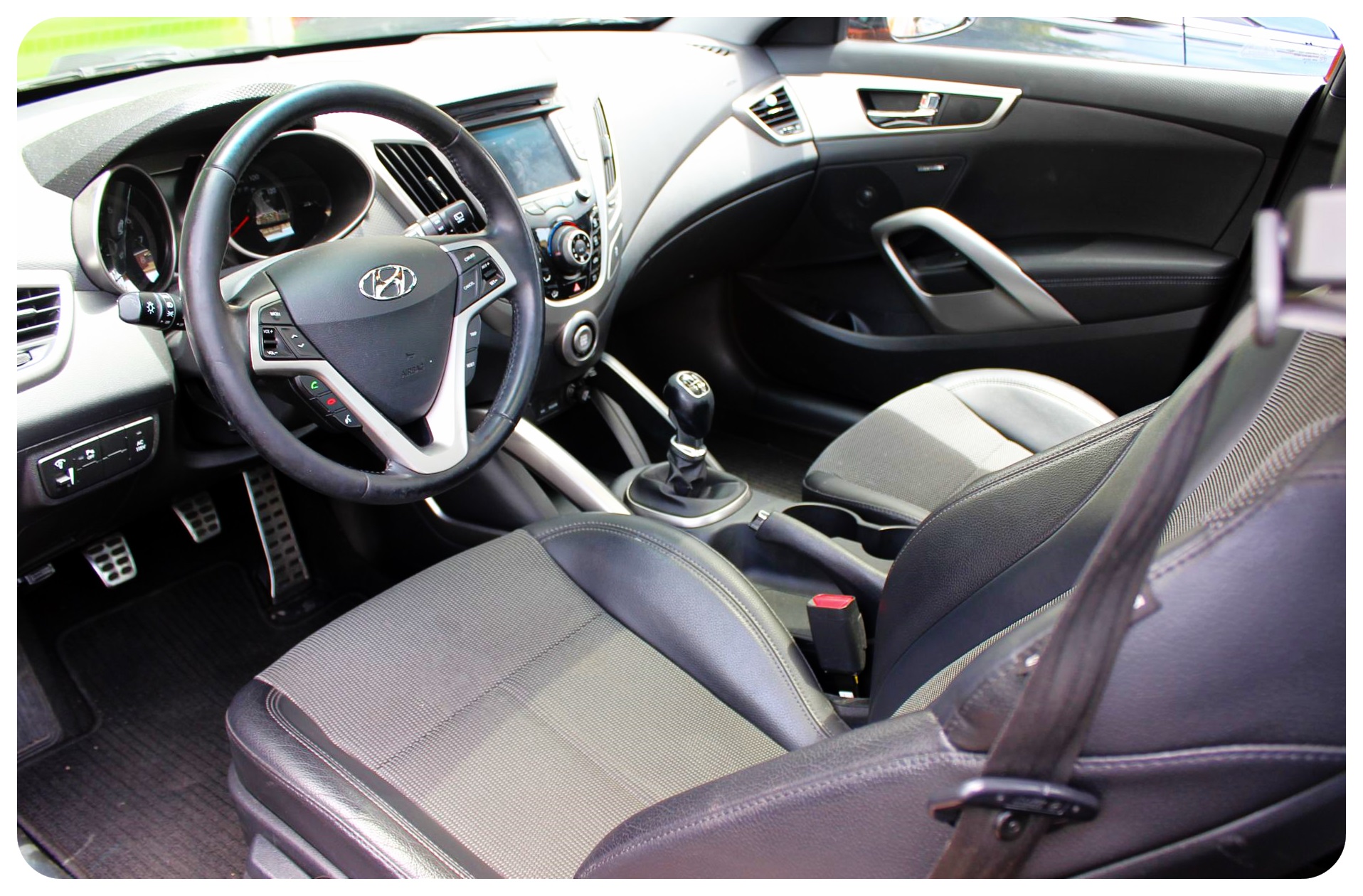
Accommodation and Overnight Stays
Lodging is one of the major expenses for travelers. To save money, consider alternatives to traditional hotels such as camping, hostels, or vacation rental sites that offer lower rates, especially for longer stays. Booking in advance can also secure better deals, and traveling during the off-season can dramatically reduce lodging costs. For those willing to plan, services like couch surfing or home swapping can offer free accommodation options. Remember, safety and comfort should always be a priority, so research and read reviews before making any arrangements.
Additionally, utilizing loyalty programs and points from credit cards or certain hotel chains can result in large discounts on lodging. Many businesses provide free nights, upgrades, or discounts to regular visitors or long-term clients. Make careful to register for these programs and use them whenever feasible. Also, consider staying somewhat outside of major tourist regions; hotels only a few miles from the main attractions frequently offer much-reduced rates without dramatically increasing travel time to hotspots. This strategy not only saves money but also delivers a more peaceful, local experience.

Food and Dining
Eating out frequently can quickly eat into your travel budget. Instead, pack a cooler with snacks and meals for the road. Not only does this save money, but it also allows for healthier eating options. When you do dine out, consider local eateries instead of chain restaurants; they often offer unique experiences at lower prices. Taking advantage of hotel breakfasts, if available, and shopping at local markets for fresh produce can also reduce food expenses. Cooking your meals, even while on the road, can be both a fun experience and a significant cost saver.
Furthermore, when dining out, check for combo offers or “happy hour” specials that many restaurants offer, which may include both food and drink at a discounted price. Tapping into the local food scene by asking locals for recommendations can take you to hidden treasures that serve amazing food at lower prices than tourist-oriented restaurants. Consider sharing dishes or ordering appetizers as a main course to sample a range of flavors without going overboard. Remember to bring a reusable water bottle to avoid buying pricey drinks on the fly, and refill it at safe water stations when available. This method not only saves money but also promotes sustainable travel behaviors.
Fuel Efficiency and Driving Habits
Fuel is a substantial part of the travel budget for motorists. To save on gas, maintain a steady speed on the highway, use cruise control when appropriate, and avoid unnecessary idling. Also, organizing your sightseeing trips efficiently can reduce backtracking and save fuel. Apps and websites dedicated to tracking fuel prices can help you find the cheapest gas stations on your route. Additionally, consider using a fuel-efficient vehicle if possible. This not only reduces your carbon footprint but can also offer considerable savings on long trips.
Another technique for improving fuel efficiency is to reduce the weight and drag of your vehicle. Overloading your car with superfluous stuff will reduce mileage, so pack light and remove any non-essential items from the trunk. Similarly, utilizing roof racks sparingly can reduce aerodynamic drag. To enhance fuel economy, remove any roof boxes or bike racks that are not in use while driving. Regularly checking your vehicle’s tire pressure is also important, as under-inflated tires can increase fuel consumption. By following these guidelines, you can increase your fuel efficiency, making your road travel more cost-effective and environmentally conscious.
Entertainment and Activities
The best experiences on a road trip often come without a hefty price tag. Research free attractions and natural wonders along your route, such as national parks, beaches, and museums that offer free admission days. Walking tours, city events, and local festivals can provide entertainment without costing a dime. When planning activities, look for discounts and coupons online or in tourist publications. Many attractions offer reduced rates for groups, children, or during off-peak times. Be flexible with your plans to take advantage of these deals.
Expanding your entertainment options can also include activities such as hiking, biking, or touring state parks, which often have inexpensive entrance costs and provide a richness of natural beauty and recreational opportunities. Libraries and community centers can provide unexpected free or low-cost classes, lectures, and cultural activities, resulting in a more enriching vacation experience. Consider volunteering for a more immersive experience; they can provide unique local interactions as well as access to activities or sites that would otherwise be costly. This method not only enhances your travel experience but also allows you to connect with local communities and cultures in a meaningful way.
Safety and Insurance
While not immediately obvious as a cost-saving measure, ensuring you have adequate insurance and roadside assistance can prevent unexpected expenses in the event of an accident or breakdown. Check your existing policies before leaving and consider additional coverage if necessary. Being prepared with a well-stocked emergency kit and knowing basic car maintenance can also save money and stress.
Furthermore, becoming familiar with local traffic rules and road conditions can help you stay safe and prevent costly fines or accidents that disturb your travel plans. Invest in a high-quality, current road atlas or GPS to help you navigate unfamiliar roads and locations more safely. Staying updated about weather conditions and making appropriate travel plans can help you avoid dangerous circumstances. Prioritizing safety and readiness not only protects your physical well-being but also protects you from unforeseen financial constraints caused by carelessness or unawareness. Always arrange for overnight pauses and rest periods to avoid driver weariness, which is a major cause of car accidents.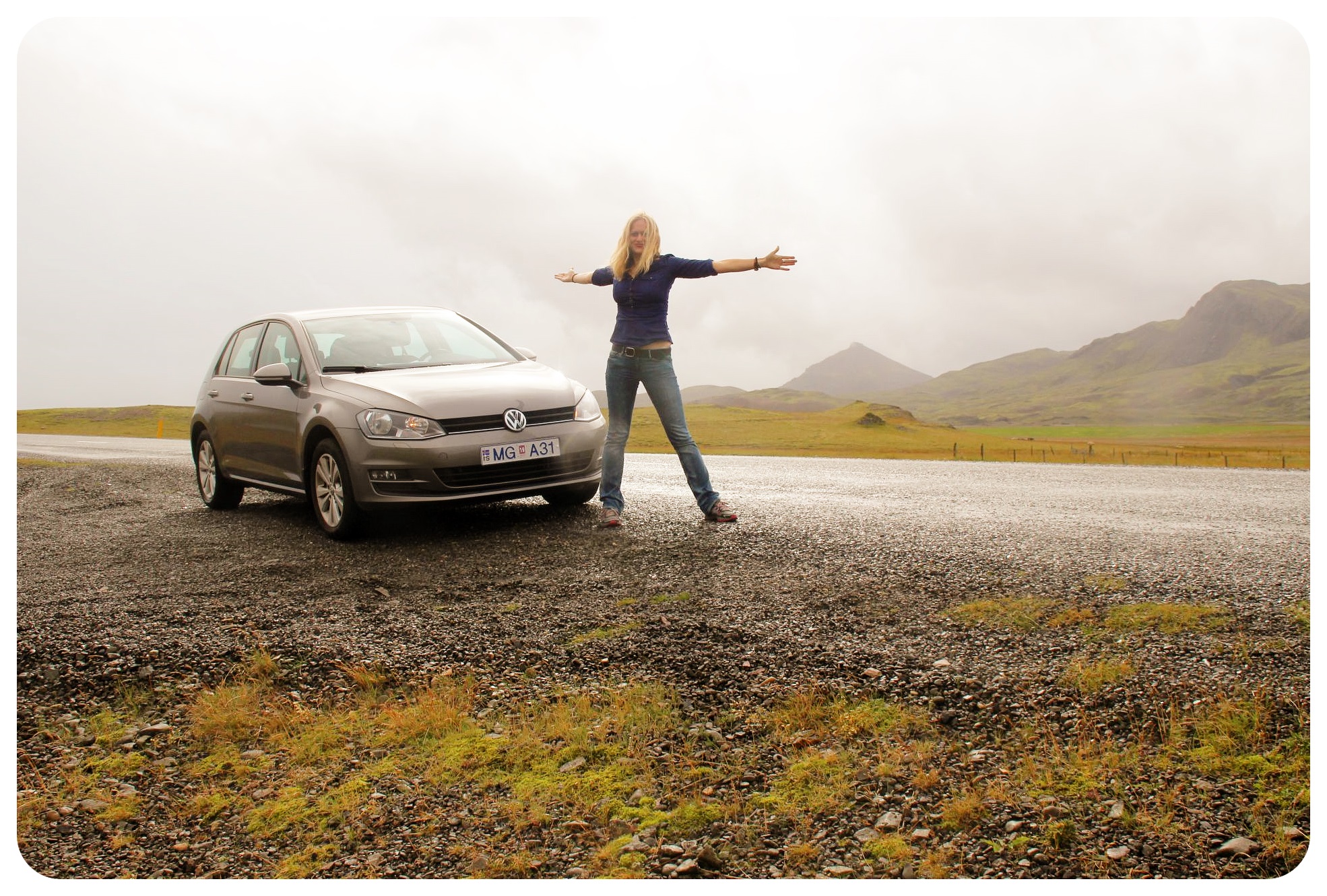
Connectivity and Communication
Data charges and roaming fees can add up quickly. To avoid these costs, download maps and travel guides ahead of time for offline use. Utilize free Wi-Fi spots to check emails and upload photos. If traveling internationally, consider purchasing a local SIM card or a travel data plan to stay connected affordably.
Furthermore, communication apps that support text, phone, and video calls over Wi-Fi can greatly minimize the need for traditional cell services and lower roaming fees. WhatsApp, Skype, and Zoom are popular apps that may be used worldwide. Furthermore, telling your mobile operator about your travel plans may allow you to receive a better rate on international plans or data bundles. Regularly checking your data consumption and establishing limitations on your smartphone can help you avoid unexpected charges. Backups of vital documents and contact information in cloud storage provide access across multiple devices and can be critical in the event of loss or theft. This systematic approach to connectivity ensures that you stay in touch while keeping costs down.
Final Thoughts
The essence of budget-friendly travel for motorists lies in preparation, smart choices, and flexibility. By planning your route carefully, managing food and accommodation costs, driving efficiently, and finding free or low-cost entertainment, you can significantly reduce your travel expenses without sacrificing the joy of discovery.
Remember, the goal of a road trip is not just to reach your destination, but to enjoy the journey. By employing these budget-friendly tips, you can ensure that your travel adventures are both memorable and affordable.